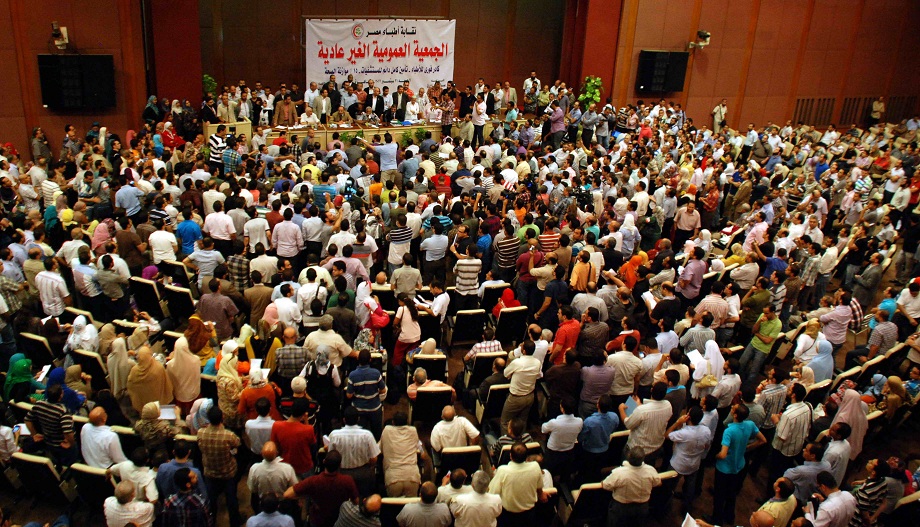CAIRO: SODIC is a company on the move these days. With real estate projects springing up right and left, the Sixth of October Development and Investment is realizing success in an industry bursting with potential.
All this comes as CEO Maher Maksoud is seeking to reassure investors that its less than outstanding financial results are more a matter of accounting practices than troubling indicators.
SODIC, Egypt s fourth-largest developer by market value, which bought El Yousr Company for about $60 million in August, is engaged in a number of development projects, including Allegria, East Town, West Town, and Kattameya Plaza.
Maksoud said Egypt’s real estate market is weathering the global economic storm better than real estate markets in the US and elsewhere.
One of the reasons, he says, is a different mortgage industry.
“From a mortgage point of view, he says, “I don’t think we have the same mortgage setup or mortgage risk as other countries.
He does claim, however, that banks’ “very large appetite to break into the mortgage industry may one day have a more significant impact on the real estate market.
The need to “bolster our balance sheet, he said will be critical in “weathering whatever storms may hit the Egyptian real estate market.
In that light, SODIC runs a nimble business, constantly evaluating and reevaluating its position. Maksoud also claims that acquisitions are always on the table, noting that the company might be considering a handful of acquisition options at any one time.
This approach to acquisitions, says Maksoud, stems from an increased ability to tap into the capital markets.
“There is a lot of availability of funds if opportunities arise, he said.
In another move that may mitigate risk, SODIC has also sought over the last couple of years, to diversify its real estate offerings.
East Town and West Town, for example, are part of Sodic’s efforts to build more “green developments. Maksoud notes that a new, more environmentally conscious generation has a greater appetite for environmentally friendly buildings.
Another of Sodic’s moves has been to offer different housing options within one development. Having condominiums in villa-heavy complexes appeals to people living abroad for whom maintaining a villa is a daunting task, he said.
As evidence, he points out that Allegria, itself a mixed-development, has already seen LE 3 billion in sales.
Maksoud also notes the importance of verging into the housing market for middle-income families. For the explosion of high-end real estate developments springing up around Cairo, middle-income housing is one of the significantly untapped sectors.
In another sign this week it is trying to stay ahead of economic trends, SODIC made a bulk purchase of steel for most of its Allegria development in fear that raw material prices might continue to rise.
But SODIC’s balance sheet has not illustrated a model of success in 2008. With first-half profits down 94 percent, Maksoud argues that SODIC’s practice of listing recognized profits on its balance sheet accounts for the troubling numbers.
In other words, SODIC is earning revenue which it will only recognize upon full completion of projects. While this practice might give investors fits, Sodic’s chief is bullish about his company’s future.

